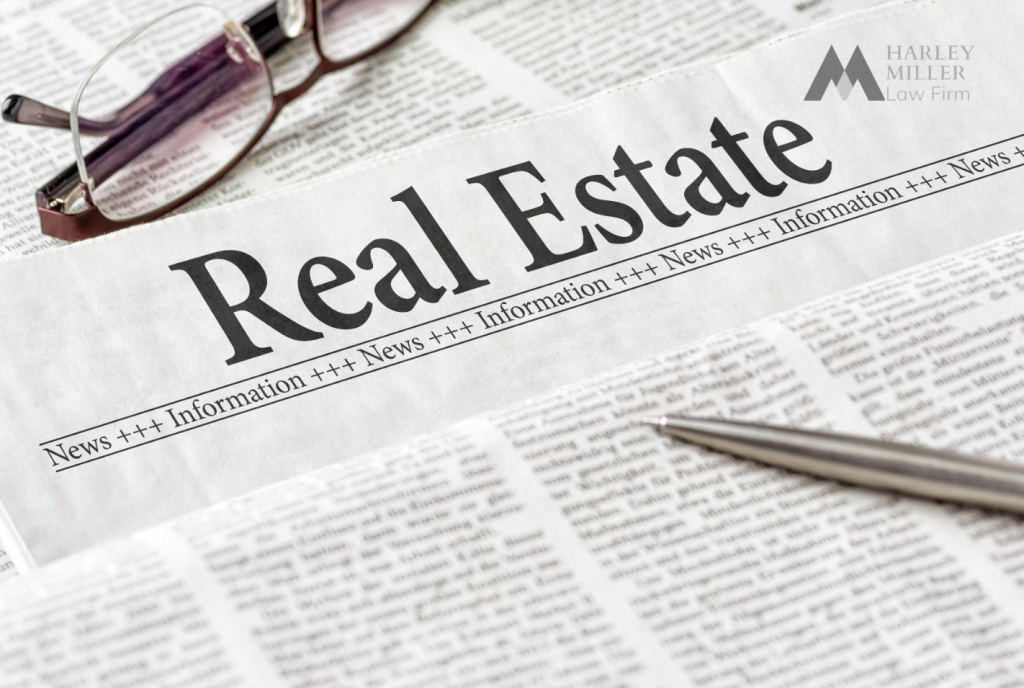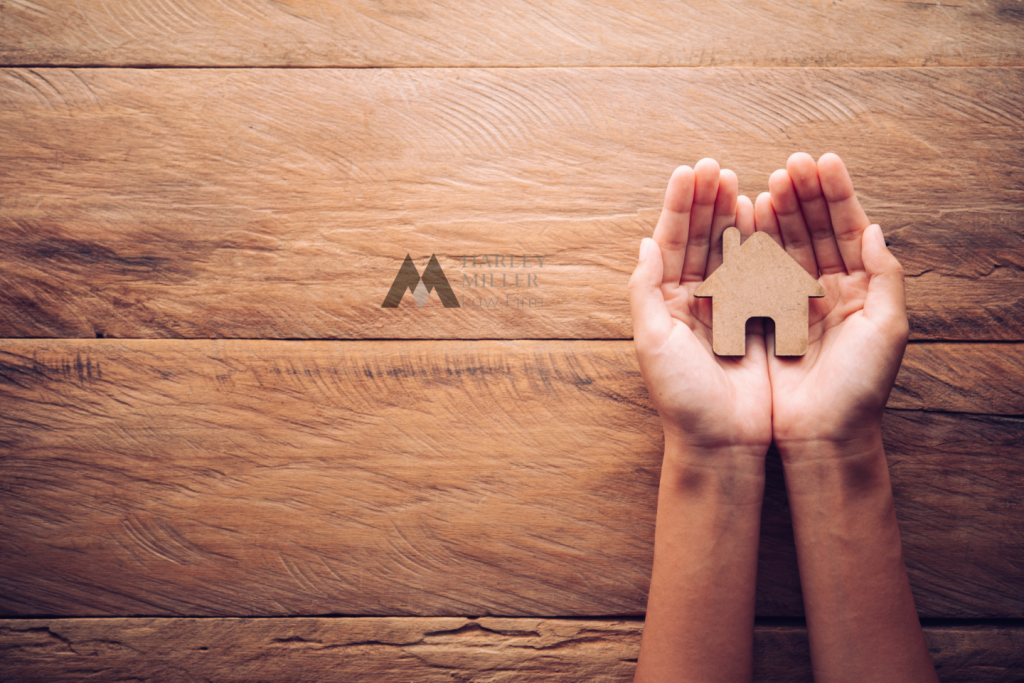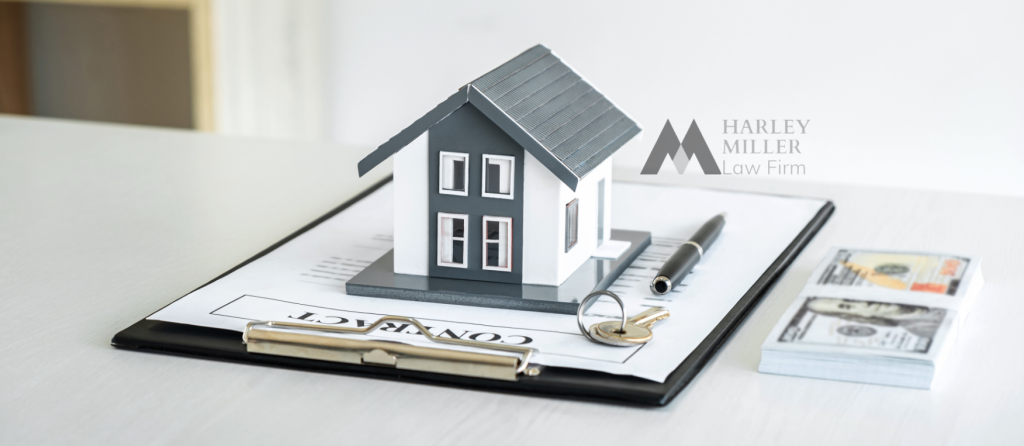The real estate industry in Vietnam has witnessed remarkable growth and transformation in recent years, making it an increasingly attractive sector for investors and businesses. As the country experiences rapid urbanization and economic development, the demand for residential, commercial, and industrial properties continues to rise. To navigate this dynamic and evolving landscape successfully, it is essential to have a comprehensive understanding of the real estate industry in Vietnam, including its regulations, investment opportunities, and market trends. In this guide, we will explore the key facets of the real estate sector in Vietnam, offering valuable insights for those looking to engage in property-related ventures in this vibrant Southeast Asian nation. With a rapidly growing economy, a substantial urbanization rate, and a burgeoning middle-class population, cities such as Hanoi, Da Nang, and Ho Chi Minh City have transformed into vibrant and profitable metropolises.
System of Registration
Additionally, when the owner makes a request, the registration of ownership for houses and other land-attached assets follows the guidelines specified in Article 95.1 of the Land Law 2013. Highlighting its significance, the land registration organization (typically Land Registration Offices) conducts both the initial registration and changes to the registration of land, houses, and other land-attached assets. This process operates under the supervision of the land administration agency, following the requirements of Article 95.2 of the Land Law 2013.
If eligible under the law and upon their request, the land users and owners of land-attached assets receive recording in the cadastral book and the issuance of a Certificate of Land Use Right and Ownership of House and Other Assets Attached to Land. This certificate commonly referred to as the Land Use Rights Certificate (“LURC”) or “Sổ Đỏ/Hồng” in Vietnamese, which translates to “Red/Pink Book.” The LURC governs the use and purpose of the land.
This encompasses determining whether the land serves residential, commercial, construction, or agricultural purposes. Land users must strictly adhere to the designated land use or face the potential revocation of their LURC, along with their land usage rights. When registering a change, the land users either receive a new LURC or have the modification certified within the existing one.

Applicable Law
The main legislation which governs real estate transactions in Vietnam are as follows:
+ The Law on Real Estate Business No. 66/2014/QH13 dated 25 November 2014 (“LREB 2014”);
+ The Law on Housing No. 65/2014/QH13 dated 25 November 2014;
+ Land Law 2013;
+ The Law on Construction No. 50/2014/QH13 dated 18 June 2014, as amended by Law on Amendments to Law on Construction No. 62/2020/QH14 dated 17 June 2020; and
Other credible sources would encompass subsidiary legislations, decrees, and circulars that elucidate or elaborate on the aforementioned legislations. Institutions tasked with the management and oversight of land utilization, real estate enterprises, and construction in Vietnam include the Ministry of Natural Resources and Environment, the Ministry of Construction, and People’s Committees at the provincial level. It is important to highlight that Vietnam is presently engaged in revising crucial legislations relevant to real estate transactions, encompassing laws governing land, housing, and real estate business.
Tenure and Ownership
In Vietnam, the land is technically owned by the people and managed by the State, so individuals and companies cannot have absolute ownership of land. Instead, they have the right to use the land, either through allocation or lease from the State. There are two main categories of ownership and interests related to real estate in Vietnam:
+ Land Use Rights (LUR): This pertains to the right to exclusively use and manage the land in a specified manner.
+ Ownership of Attachments: This refers to owning the buildings and structures on the land, rather than the land itself.
Obtaining land in Vietnam can be done through various methods, including:
+ Directly leasing the land from the State, with annual rent payments or a lump-sum payment.
+ Being allocated the land by the State, accompanied by a land use fee.
+ Receiving land as a capital contribution in a joint venture with a Vietnamese partner.
+ Sub-leasing land from an industrial park developer.
+ Acquiring a project attached to the land from other investors.
Allocated land can have a fixed or indefinite term, and in some cases, companies may be granted land for a long and stable term similar to freehold ownership. However, foreign-owned companies typically have land with fixed terms. Generally, Vietnamese land users lease state-allocated land for a maximum term of 50 years (or 70 years for special projects). The Department of Natural Resources and Environment or other relevant government authorities hold discretion over lease renewals. Foreign-owned companies are typically not allocated land for land use rights, except for residential housing projects for sale. Instead, they obtain land through state leasing or subleasing from licensed infrastructure developers.

Investing in Vietnam
The real estate industry in Vietnam has experienced a slight decline recently, attributed to factors such as changes in government policies on real estate trading. Experts predict that the real estate industry will continue to face difficulties throughout 2023. However, it’s expected that the market will recover starting in 2024. This expectation arises as the State takes action to address issues concerning capital flow and legal frameworks. Furthermore, Vietnam’s substantial economic rebound following the challenges of the Covid-19 pandemic and the Russia-Ukraine conflict is bolstering the expected recovery.
This positive outlook indicates increased investor expectations for the real estate industry market in 2024.
a. LREB 2014:
As per the LREB 2014, foreign investors are permitted to engage in the following investment activities in Vietnam’s real estate market:
+ Rent houses and constructed facilities for subleasing purposes.
+ Build houses on leased land for the purpose of selling, leasing, or lease-purchasing, including constructions other than houses.
+ Acquire all or a portion of a real estate project from developers to construct buildings for sale, lease, or lease-purchase.
+ Construct houses on land allocated by the State for selling, leasing, or lease-purchasing.
+ Construct buildings for appropriate land use in industrial parks, industrial complexes, export-processing zones, hi-tech zones, or economic zones for trading.
One common concern among foreign entities and individuals (collectively referred to as “foreigners”) when coming to Vietnam is how to own houses for personal use or investment. According to the law, foreigners are only allowed to acquire houses, including apartments and detached houses, from commercial housing construction projects, except in areas designated for national defense and security purposes. Furthermore, foreigners can only purchase properties from owners of housing construction projects or from other foreigners. In other words, Vietnamese individuals or organizations that are not the owners of a housing development project cannot directly sell a house to foreigners.
Foreigners who have acquired properties in Vietnam must apply for a Land Use Rights Certificate (LURC). The LURC specifies the duration and intended use of the land. It is crucial to adhere to the designated purpose stated in the LURC, as any violation may lead to the revocation of the land use rights by the government. There are several important factors to consider, such as stamp duties, notarization fees, real property taxes, corporate income tax, and personal income tax and we will explain these aspects in more detail in the following sections.

b. Taxation
(i) Notarisation Fee and Stamp Duty
In Vietnam, the notarization of real property documents and transactions is a requirement, carried out by licensed public notary officers. The fee for notarization depends on the value of the transaction. For real estate conveyance, the maximum notarization fee is VND 70 million (approximately US 3290) per transaction. For leasing real estate, the maximum notarization fee is VND 8 million (approximately US 376) per transaction. It is not strictly specified in Vietnamese law which party should bear the notarization fee. In practice, based on contractual agreements, either the buyer/lessee or the seller/lessor may be responsible for the payment.
When it comes to land and houses that are subject to Land Use Rights (LUR) registration, a stamp duty is applicable. They calculate this duty at a rate of 0.5% of the value of the land or houses. Usually, the transferee pays the stamp duty upon registration of the LUR with the relevant authorities. However, the parties involved can agree that the transferor will bear this duty.
(ii) Real Property Tax
Foreign investors are responsible for covering land rental and land use fees for Land Use Rights (LUR) in Vietnam. The rates for these fees can vary significantly based on factors such as the location, infrastructure, and the specific industrial sector in which the business is operating. Furthermore, the Law on Non-Agricultural Land Use requires owners of houses and apartments to pay a land tax based on the specific land area they utilize, with the calculation involving a predetermined price per square meter. The tax rates are progressive, ranging from 0.03% to 0.15%.
(iii) Corporate Income Tax and Personal Income Tax
Investors who profit from the transfer of Land Use Rights (LUR) or ownership of a house must pay either corporate income tax or personal income tax, depending on their corporate or individual status. Corporate investors typically face a 20% tax rate, while individuals incur a 2% tax rate for personal income from real property conveyance.
Conclusion
In conclusion, the real estate industry in Vietnam is a vibrant and promising sector that offers both domestic and international investors numerous opportunities for growth and prosperity. With a robust legal framework, a stable economic environment, and a continually improving infrastructure, Vietnam has become a hotspot for real estate investments. Whether you are looking to invest in residential properties, commercial projects, or industrial developments, Vietnam provides a conducive environment for success. From the bustling streets of Ho Chi Minh City to the picturesque landscapes of Hanoi, the Vietnamese real estate industry invites you to explore its potential and embark on a rewarding journey.
HMLF is always available to offer assistance in understanding the procedures with authorities.

Harley Miller Law Firm “HMLF”
Head office: 14th floor, HM Town building, 412 Nguyen Thi Minh Khai, Ward 05, District 3, Ho Chi Minh City.
Phone number: +84 937215585
Website: hmlf.vn Email: miller@hmlf.vn





